Organic Poultry Farming for Selling Free-Range Eggs and Meat to Health-Conscious Consumers
In an age where conscious consumerism reigns, organic poultry farming has emerged not just as a niche but as a vanguard of a dietary revolution. It’s not merely about avoiding synthetic feeds or antibiotics. It’s a philosophical reorientation anchored in stewardship, holistic wellness, and unwavering integrity within food systems. Discerning, health-literate consumers are progressively eschewing industrialized meat and egg production, gravitating instead toward alternatives rich in traceability, humane husbandry, and elevated nutritional fidelity.
It’s a philosophical pivot toward stewardship, wellness, and integrity in food systems. Health-savvy consumers, discerning and informed, increasingly turn away from industrialized meat and egg production, opting instead for alternatives imbued with transparency, ethical rearing, and nutritional superiority.
Decoding Organic: Beyond the Label
Organic poultry isn’t a buzzword; it’s a rigorous protocol. Chickens must be fed certified organic feed non-GMO, devoid of pesticides or animal by-products. They require access to the outdoors, allowing them to indulge in natural behaviors like foraging, dust-bathing, and roaming. The implications? Reduced stress, enhanced immunity, and a markedly superior product in both taste and nutritional profile. Omega-3-rich eggs, leaner meat, and the absence of chemical residues are key selling points to today’s wellness-focused demographic.
The Anatomy of a Free-Range Haven
Creating a robust free-range system demands architectural foresight. Shelters should be mobile or rotational, preventing land degradation. Pasture management becomes an ecological choreography rotating birds through paddocks, replenishing soil health with droppings, and cultivating diverse forage. Trees, shrubs, and natural covers enrich the landscape, reducing predator risk and encouraging natural shade.
Lighting must mimic circadian rhythms. Clean water should be abundant, with filtration systems ensuring potability. Feeders must be elevated to reduce contamination, while nesting boxes should be spacious, shaded, and secluded to promote calm laying behavior.
Market Dynamics and the Health-Driven Buyer
The modern buyer is no longer swayed by glossy packaging or buzzwords. They scrutinize sourcing practices, demand certifications, and often seek relationships with their producers. Transparency is currency. Farmers who engage directly via farmers’ markets, CSA (Community Supported Agriculture) subscriptions, or social media storytelling cultivate not just customers but advocates.
Health-conscious consumers are primarily motivated by the following:
- Hormone-free, antibiotic-free meat
- High nutritional value (vitamin A, beta-carotene, DHA)
- Ethical treatment of animals
- Environmental sustainability
Tips and Tricks for Scaling Smartly
- Breed Selection Matters
- Choose dual-purpose breeds like Rhode Island Reds or Plymouth Rocks. These birds are hardy, excellent layers, and produce well-marbled meat. Avoid commercial broilers bred for rapid growth they often suffer from joint issues and poor free-range adaptability.
- Integrated Pest Management
- Instead of chemical dewormers, use diatomaceous earth, garlic, and apple cider vinegar in water. Guinea fowls and ducks can act as natural pest controllers for ticks and snails.
- Vaccination and Prophylaxis
- While “organic” discourages synthetic interventions, vaccinations for diseases like Newcastle and Marek’s are not just permitted they’re essential. Partner with holistic vets familiar with organic protocols.
- Storytelling Sells
- Document your journey. Share the names of your hens. Post sunrise feeds and pasture rotations. Authenticity and visibility elevate trust. A QR code on packaging linking to a short farm video is gold.
- Innovate with Packaging
- Compostable cartons, linen-wrapped cuts of meat, or hand-stamped egg crates speak volumes. A minimalist aesthetic aligned with environmental values resonates deeply with niche markets.
Challenges to Embrace, Not Avoid
Organic poultry farming isn’t utopian. Chickens fall ill. Predators lurk. Weather can turn coops into quagmires. Feed costs are volatile. But resilience is forged in these crucibles. Diversifying income streams offering poultry manure as compost, leasing mobile coops, or hosting farm tours adds financial armor.
Moreover, consumer education is a marathon. Many still conflate “free-range” with “organic,” or “cage-free” with “pasture-raised.” Regular workshops, newsletters, and even QR-linked articles can convert curiosity into loyalty.
The Philosophy of Poultry
Behind every egg and cutlet lies a microcosm of agricultural ethics. When chickens are treated with dignity, they reciprocate in quality. Their lives echo through the food they provide richer, fuller, more vibrant. Consumers don’t just buy a product; they inherit a philosophy.
The Underrated Power of Soil
Healthy chickens begin with healthy soil. Regenerative practices no-till planting, green manure, perennial cover crops don’t just enhance forage. They sequester carbon, improve water retention, and invigorate microbial life. Your pasture isn’t just a grazing ground. It’s a living partner.
Regulatory Literacy Is Non-Negotiable
Certifications like USDA Organic or Certified Humane require scrupulous record-keeping. Every feed purchase, veterinary intervention, and flock change must be documented. These standards aren’t bureaucratic burdens they’re badges of credibility in a market saturated with hollow claims.
Understanding local zoning laws, waste management ordinances, and processing facility compliance is vital. A missed inspection can sideline months of effort.
Diversification Through Value-Added Products
Think beyond eggs and cuts. Smoked drumsticks, bone broth kits, rendered fat for artisanal soap these offerings elevate your brand into the artisanal tier. Collaborate with local chefs for farm-to-table nights or subscription boxes with recipe cards.
Conclusion
Organic poultry farming transcends mere enterprise; it is a living dialogue woven between earth and atmosphere, caretaker and creature, artisan and appetite. It demands relentless attentiveness, deep empathy, and unyielding innovation. But in return, it bestows legacy: food that nourishes bodies, stories that resonate with conscience, and a farming model that dignifies both life and labor.
The free-range revolution has only just begun. Those who dare to tread the feathered path today will shape the ethical appetites of tomorrow.
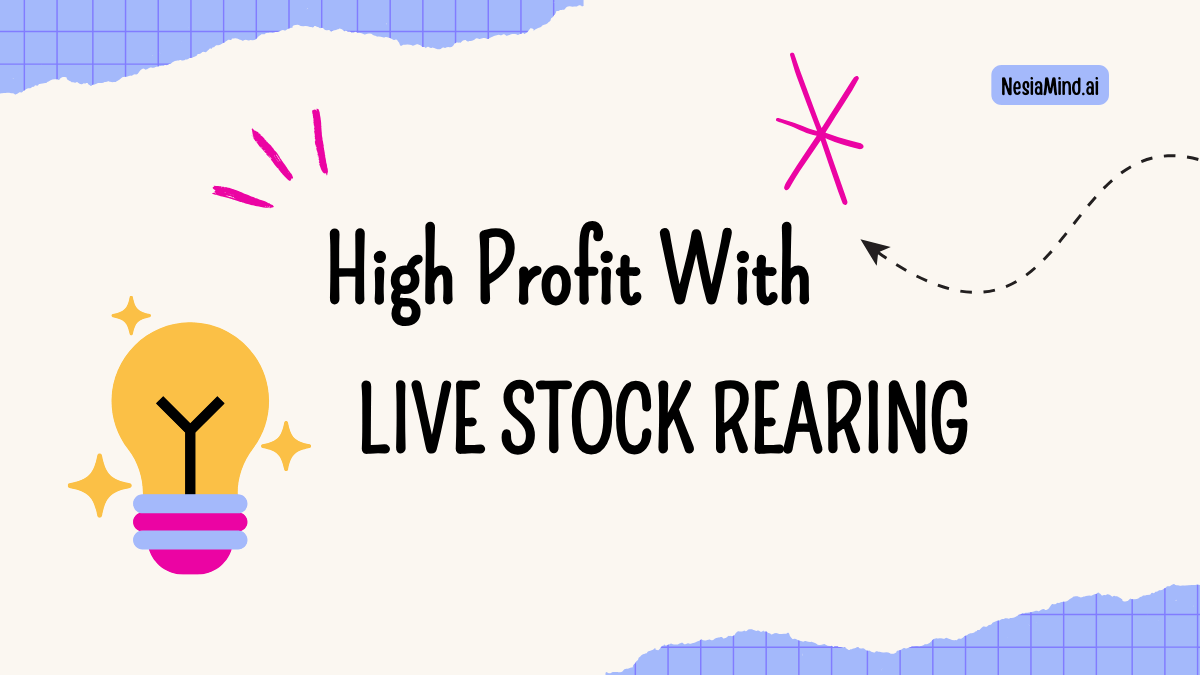


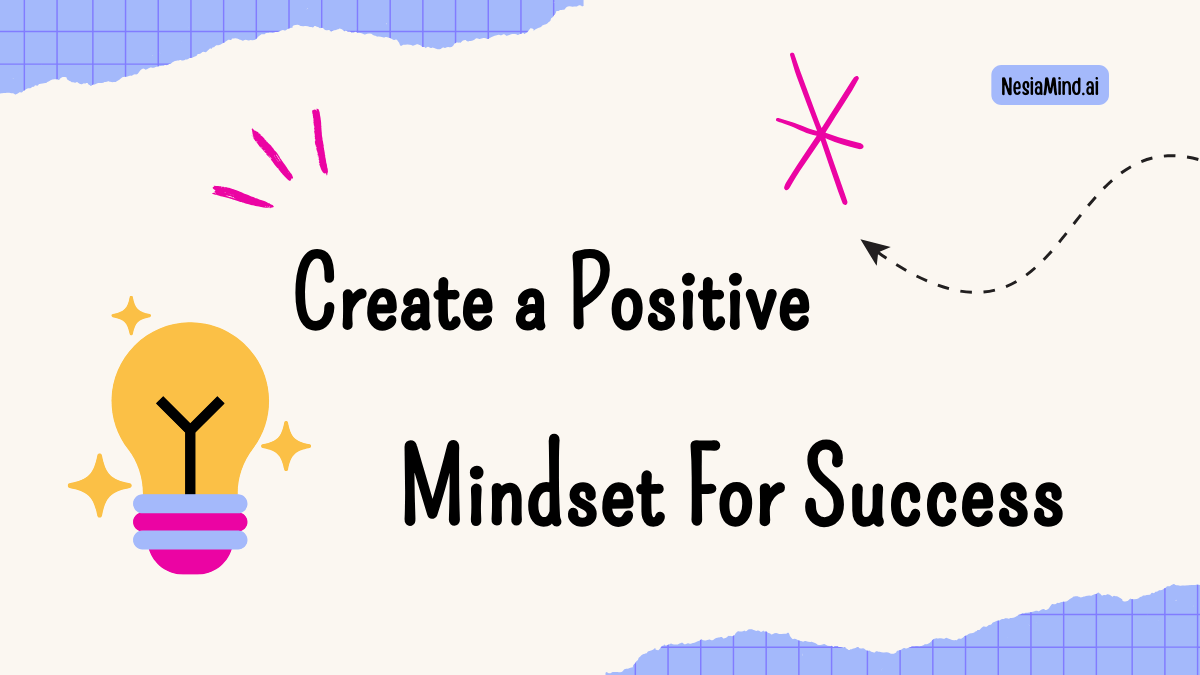


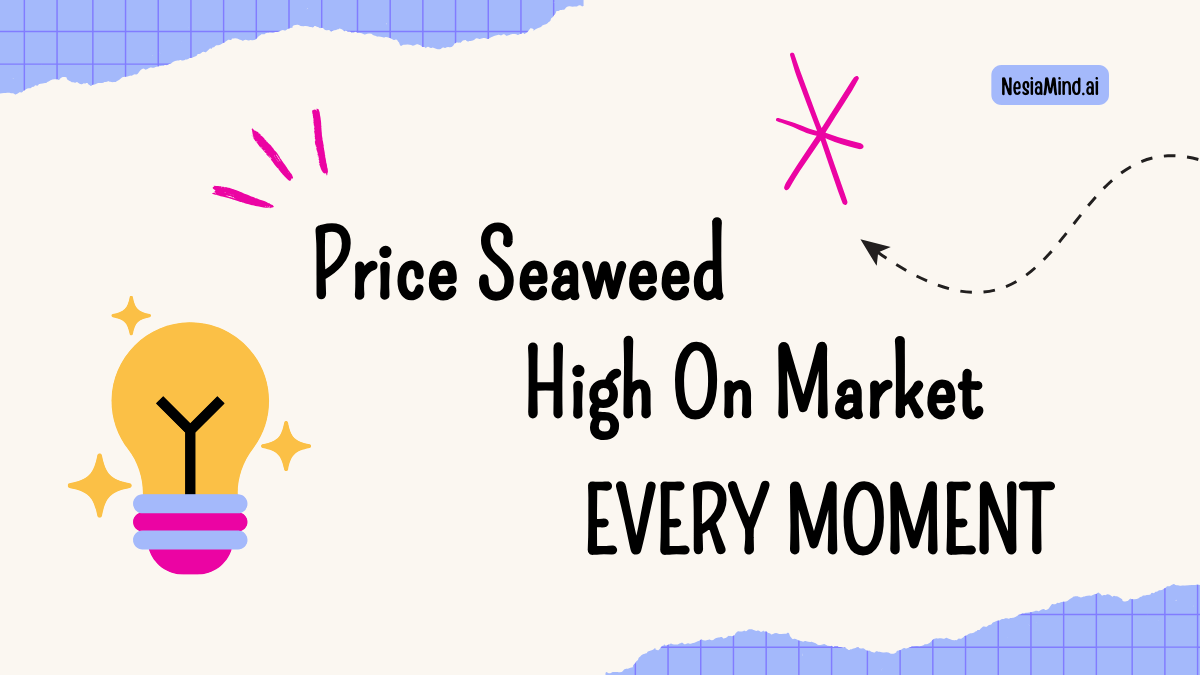
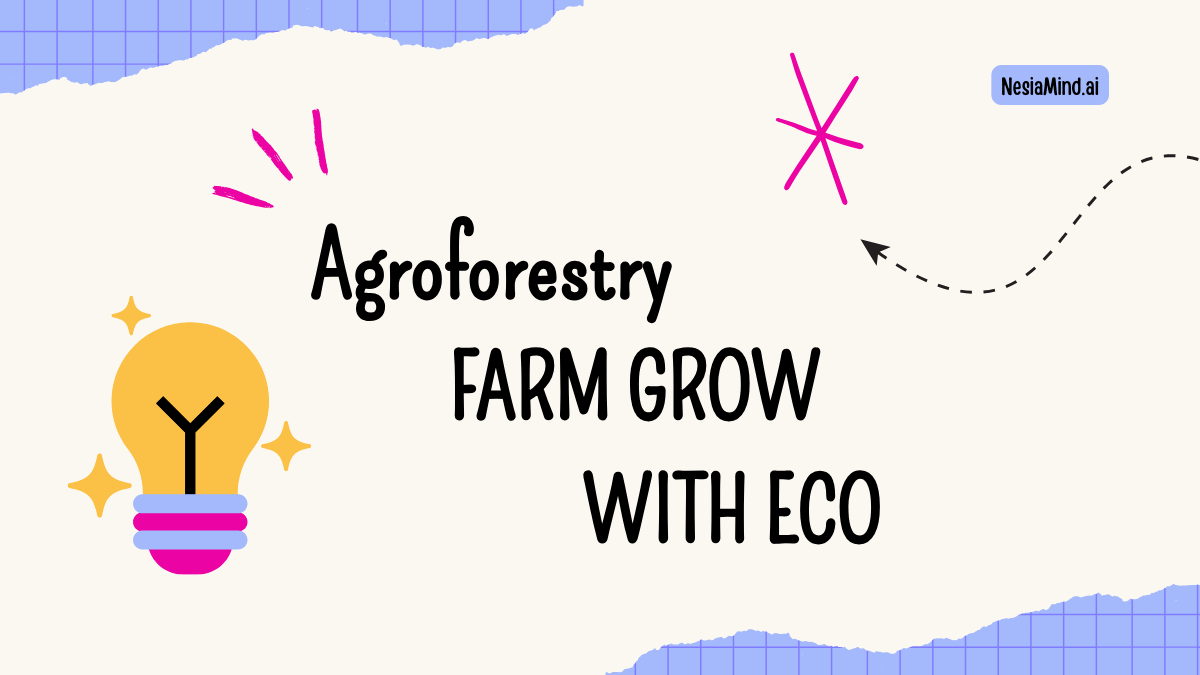
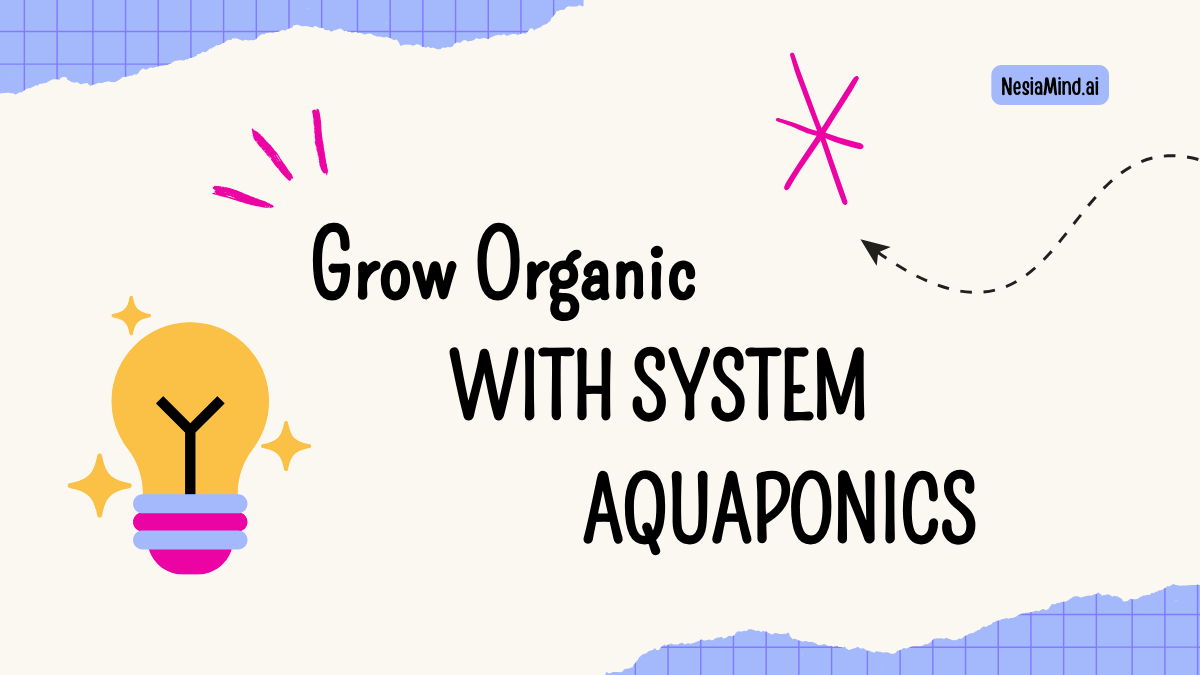
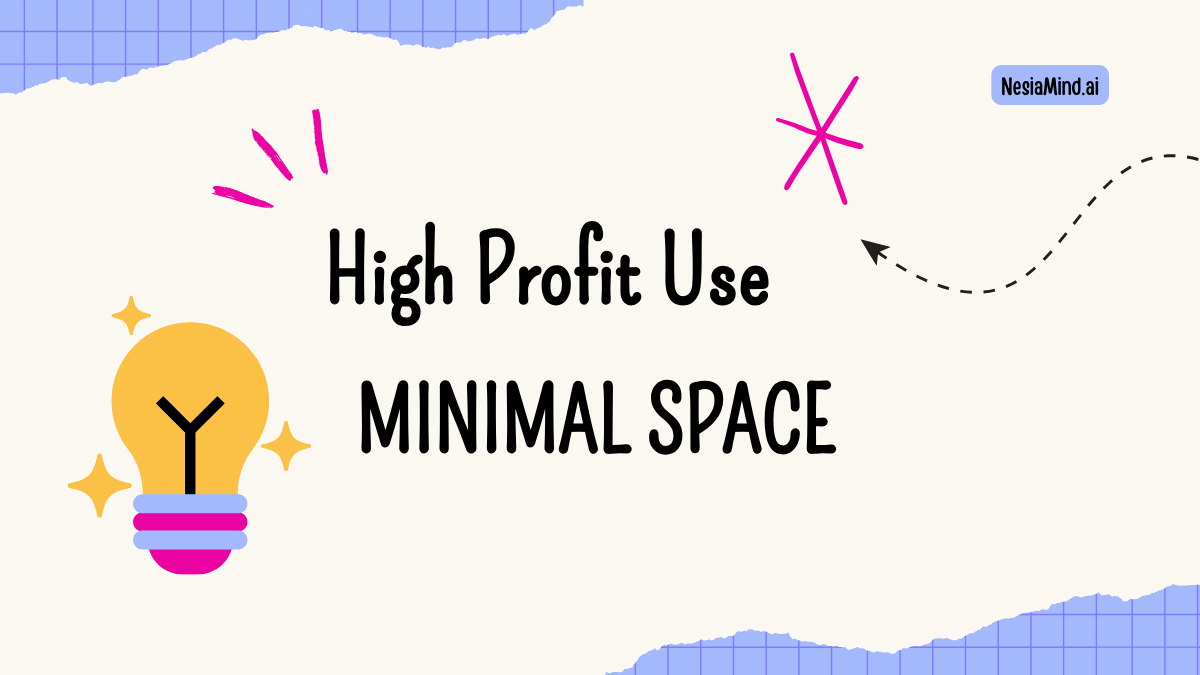
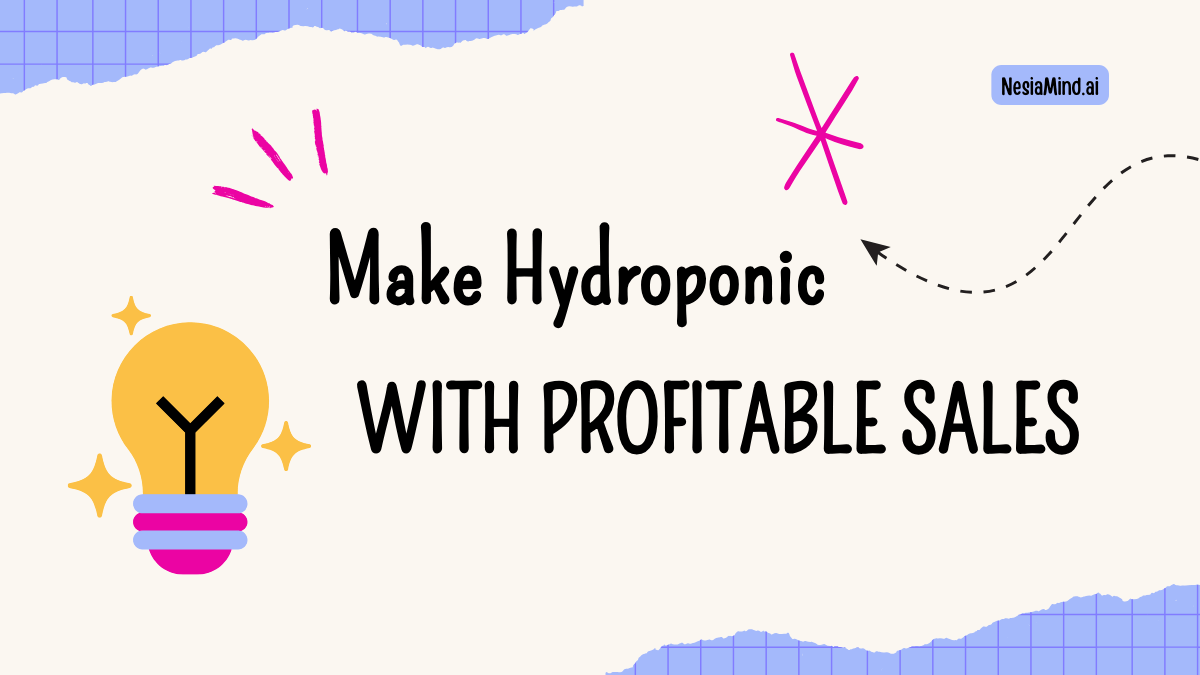
Leave a Reply